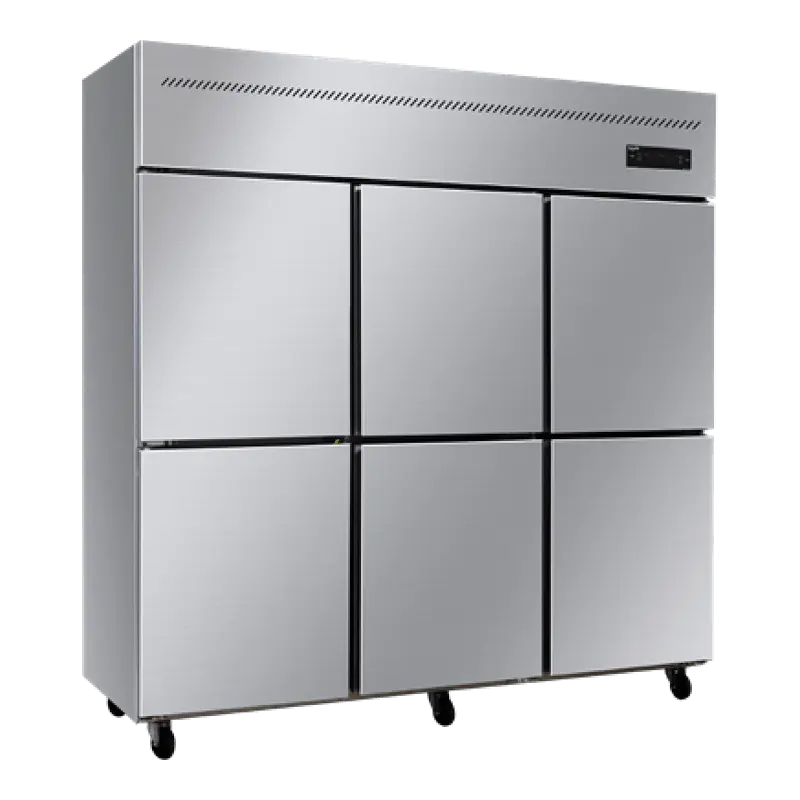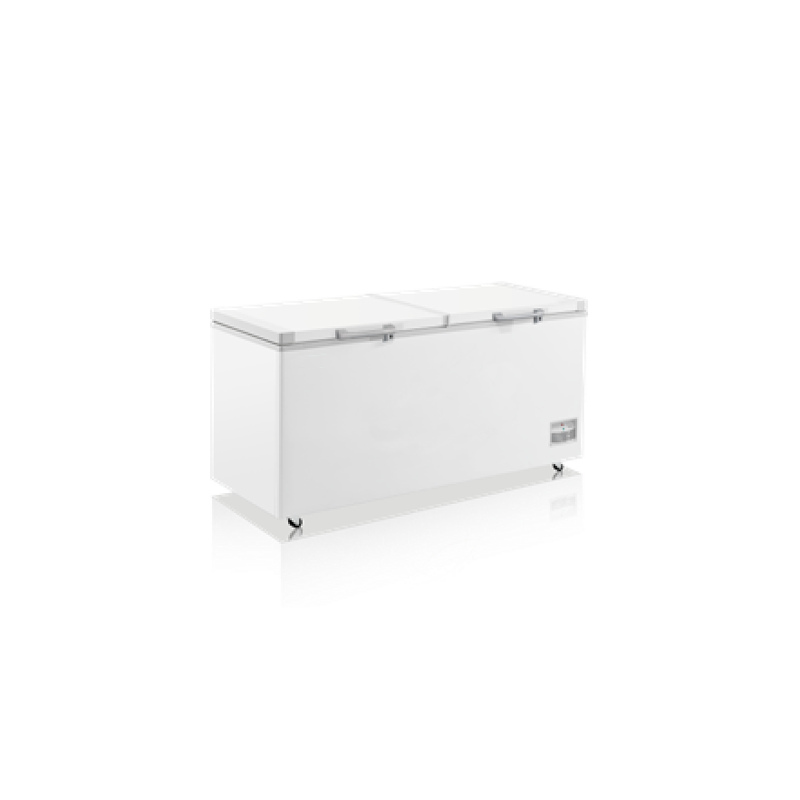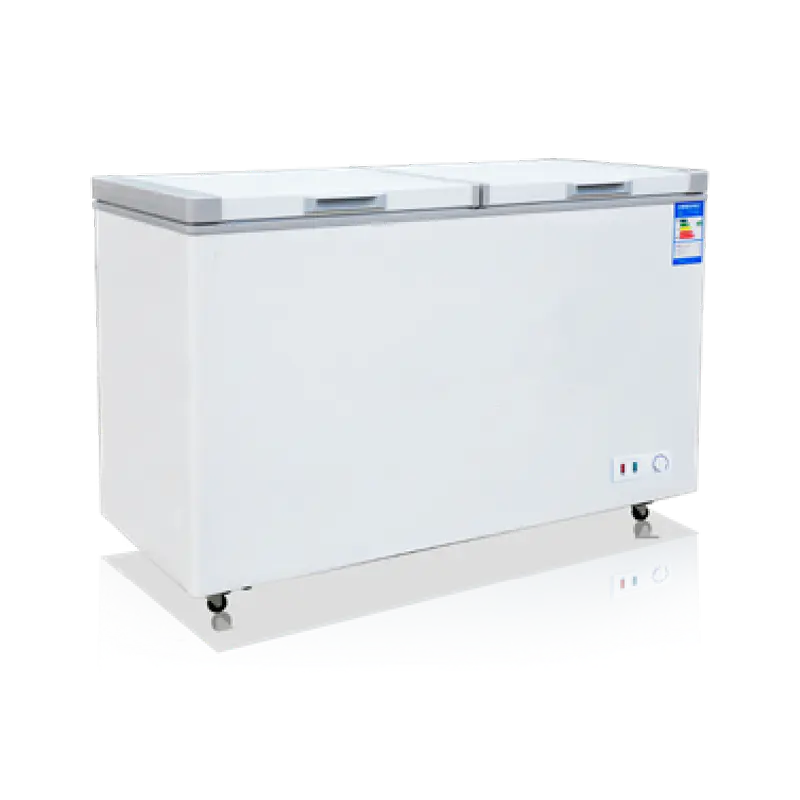Commercial Freezer Breakdown: Causes, Prevention, and Essential Solutions
Introduction
A commercial freezer is an essential component in the foodservice industry, from restaurants to supermarkets and warehouses. Its role is critical: maintaining optimal temperatures to preserve food quality and prevent spoilage. However, like any mechanical system, commercial freezers can break down. When this happens, it can result in significant food loss, financial strain, and operational disruptions. Understanding the causes of freezer breakdowns, identifying the signs of potential failures, and knowing the steps for prevention and repair can save businesses time, money, and resources.
Common Causes of Commercial Freezer Breakdown
Commercial freezers, though built to last, are subject to wear and tear over time. Several factors can lead to a breakdown. Here are some of the most common causes:
Overworking the Freezer
Commercial freezers are often running continuously, which puts them under constant stress. Overloading the freezer, frequent door openings, or using it beyond its capacity can cause strain on its motor, compressor, and other vital components. This leads to a decrease in efficiency or complete failure.
Dirty Coils
The condenser coils of the freezer are responsible for releasing heat absorbed by the refrigerant. Over time, dust, grease, and grime can accumulate on these coils, reducing their efficiency. A dirty coil forces the compressor to work harder, potentially leading to overheating or malfunction.
Thermostat Issues
The thermostat controls the temperature inside the freezer. If it malfunctions or becomes inaccurate, it may lead to the freezer working at the wrong temperature. This could either result in frozen food becoming unsafe or spoiled due to improper freezing conditions.
Refrigerant Leaks
A refrigerant leak is one of the most serious issues a freezer can face. Without the proper level of refrigerant, the freezer will fail to cool effectively. This is often caused by a damaged evaporator coil or aging components.
Faulty Compressor
The compressor is essentially the heart of the freezer’s cooling system. If it fails, the freezer cannot properly cool the air inside. Compressors are subject to wear, and when they break, the freezer's cooling ability is lost.
Electrical Failures
Electrical issues like faulty wiring, broken circuits, or tripped breakers can lead to freezer malfunctions. Freezers often use complex electrical systems that can break down due to power surges, old wiring, or improper installation.
Defrosting Problems
If your commercial freezer uses an automatic defrost system, malfunctioning components like the defrost timer, heater, or sensor could lead to frost buildup. Excessive frost can block airflow and impair the freezer’s cooling efficiency.
Improper Installation
Freezers that are improperly installed can experience issues much sooner than those installed correctly. Issues such as inadequate ventilation, incorrect leveling, or poor location (near heat sources or in high-traffic areas) can contribute to premature breakdowns.
How to Identify Signs of a Pending Breakdown
Preventing a breakdown is often easier than dealing with the aftermath. Look out for early warning signs that your commercial freezer might be on the brink of failure:
Unusual Noises: Grinding, rattling, or buzzing sounds could signal a mechanical problem, especially in the motor or compressor.
Temperature Fluctuations: If the temperature inside the freezer varies unexpectedly, it could indicate thermostat issues or refrigerant leaks.
Excessive Frost Build-up: A build-up of ice or frost in the freezer could indicate problems with defrosting components or airflow.
Strange Odors: Unusual smells, especially of burning or gas, may indicate overheating or electrical problems.
Warm Air or Leaking Moisture: If warm air is escaping when the door is closed, or moisture is collecting around the freezer, it suggests a door seal issue or faulty insulation.
Higher Energy Bills: If your energy costs spike without any reasonable explanation, your freezer might be running inefficiently, possibly due to mechanical or cooling system problems.
Consequences of a Commercial Freezer Breakdown
The consequences of a commercial freezer breakdown can be devastating, especially in a food-related business. Here’s what could happen:
Food Spoilage
The most immediate and obvious consequence is food spoilage. Perishable items like meats, dairy, and vegetables can go bad within hours if the freezer is not operating correctly, resulting in wasted inventory.
Financial Losses
Aside from the loss of food, businesses may have to pay for emergency repairs, which can be expensive. A significant breakdown can also result in the temporary closure of your business, leading to lost revenue.
Health Risks
Improperly stored food poses a health risk. If a freezer malfunctions and food begins to thaw, bacteria can multiply rapidly, leading to potential contamination and foodborne illnesses.
Brand Damage
If customers experience poor-quality food due to improper storage, your business’s reputation could suffer. Negative reviews, loss of loyal customers, and damaged credibility are risks that can have long-term effects on your brand.
Preventing Commercial Freezer Breakdown
The best approach to avoiding costly repairs and food loss is regular maintenance and careful monitoring. Here are some steps to keep your freezer in top condition:
Regular Cleaning
Clean the condenser coils regularly to prevent dirt build-up, which can reduce efficiency. Use a coil brush or vacuum to remove debris and maintain optimal airflow.
Inspect Door Seals
Ensure that door seals are tight and free of cracks. A poor seal can lead to temperature fluctuations, energy inefficiency, and ice build-up.
Monitor Temperature
Regularly check the freezer's temperature with a thermometer. This can help you identify temperature fluctuations before they become a major issue.
Defrosting Maintenance
If your freezer has a defrosting system, regularly inspect its components. Any malfunctioning parts should be replaced immediately to prevent frost build-up.
Schedule Professional Maintenance
At least once a year, have a certified technician perform a full inspection of your freezer. Professional maintenance can catch issues early before they develop into more serious problems.
Maintain Proper Ventilation
Ensure that your freezer is installed in an area with proper ventilation and adequate airflow. Avoid placing it near heat sources or in cramped spaces that can impede cooling efficiency.
When to Call a Professional for Repairs
If you notice any of the signs of a breakdown or the freezer is simply not operating as it should, call a professional technician immediately. Some issues, like refrigerant leaks or compressor failures, require specialized skills to repair safely and effectively. It's crucial to address issues early to minimize downtime and food loss.
Conclusion
A commercial freezer breakdown can be a nightmare for any business, but with the right knowledge and preventative care, you can avoid many of the common causes of failure. Regular maintenance, proper usage, and timely repairs are key to ensuring the longevity of your equipment and maintaining a smooth-running operation. Being proactive not only saves money but also helps safeguard your inventory, your customers, and your brand reputation


 English
English русский
русский Español
Español عربى
عربى













